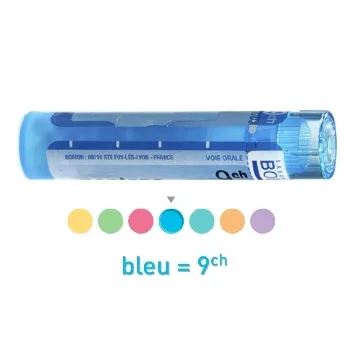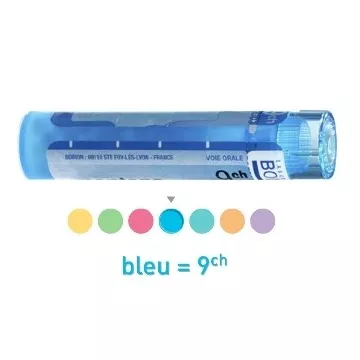

What is intimate irritation and what are its main symptoms?
Intimate irritation refers to any discomfort felt in the genital area, which may manifest itself as itching, redness, burning or unusual discharge. This type of irritation can affect both men and women, although it is more frequently reported by the latter due to the particular sensitivity of the vulvar area.
What are the most common causes of intimate irritation?
The causes ofintimate irritation are varied, including:
How can intimate irritation be treated?
Treatment ofintimate irritation depends on its underlying cause. Here are some general approaches:
What preventive measures can be taken to avoid intimate irritation?
To preventintimate irritation, we recommend :
How to differentiate between intimate irritation and infection?
It's crucial to differentiate between simple irritation and signs of infection. Intimate irritation may be limited to mild redness and itching, with no significant discharge. An infection, on the other hand, may be accompanied by more severe symptoms such as unusual discharge, an unpleasant odour and increased pain. Medical tests and examinations may be necessary to confirm the presence of an infection and determine its exact nature.
Can natural remedies be used to treat intimate irritation?
Natural remedies can offer temporary relief for mild symptoms ofintimate irritation. Among the most common are the topical application of plain (sugar-free) yoghurt for its probiotic properties, the use of baking soda-based sitz baths to soothe itching, and aloe vera for its anti-inflammatory effects. However, it is advisable to consult a doctor before starting any natural treatment, especially if symptoms persist or worsen.
What impact does diet have on intimate irritation?
Diet can have a direct impact on the health of the intimate area. For example, excessive sugar consumption can encourage the growth of yeasts such as Candida, leading to fungal infections. We recommend eating a balanced diet rich in fruits, vegetables and whole grains, and limiting processed foods and added sugars to maintain a healthy balance of bacterial flora.
How can physical activity influence intimate irritation?
Physical activity is beneficial for general health, but it can sometimes contribute to intimate irritation. Excessive perspiration and friction caused by certain sportswear can irritate the delicate skin in intimate areas. It's advisable to wear suitable, breathable sportswear and shower immediately after exercise to prevent irritation.
Which intimate hygiene products should be avoided to prevent irritation?
To preventintimate irritation, it's essential to avoid products containing perfumes, alcohols and other irritating substances. Intimate wipes, scented sprays and even certain types of toilet paper can disrupt the natural pH of the intimate area and cause irritation. It's best to opt for gentle, hypoallergenic intimate hygiene products specifically designed to maintain the natural balance of intimate flora.